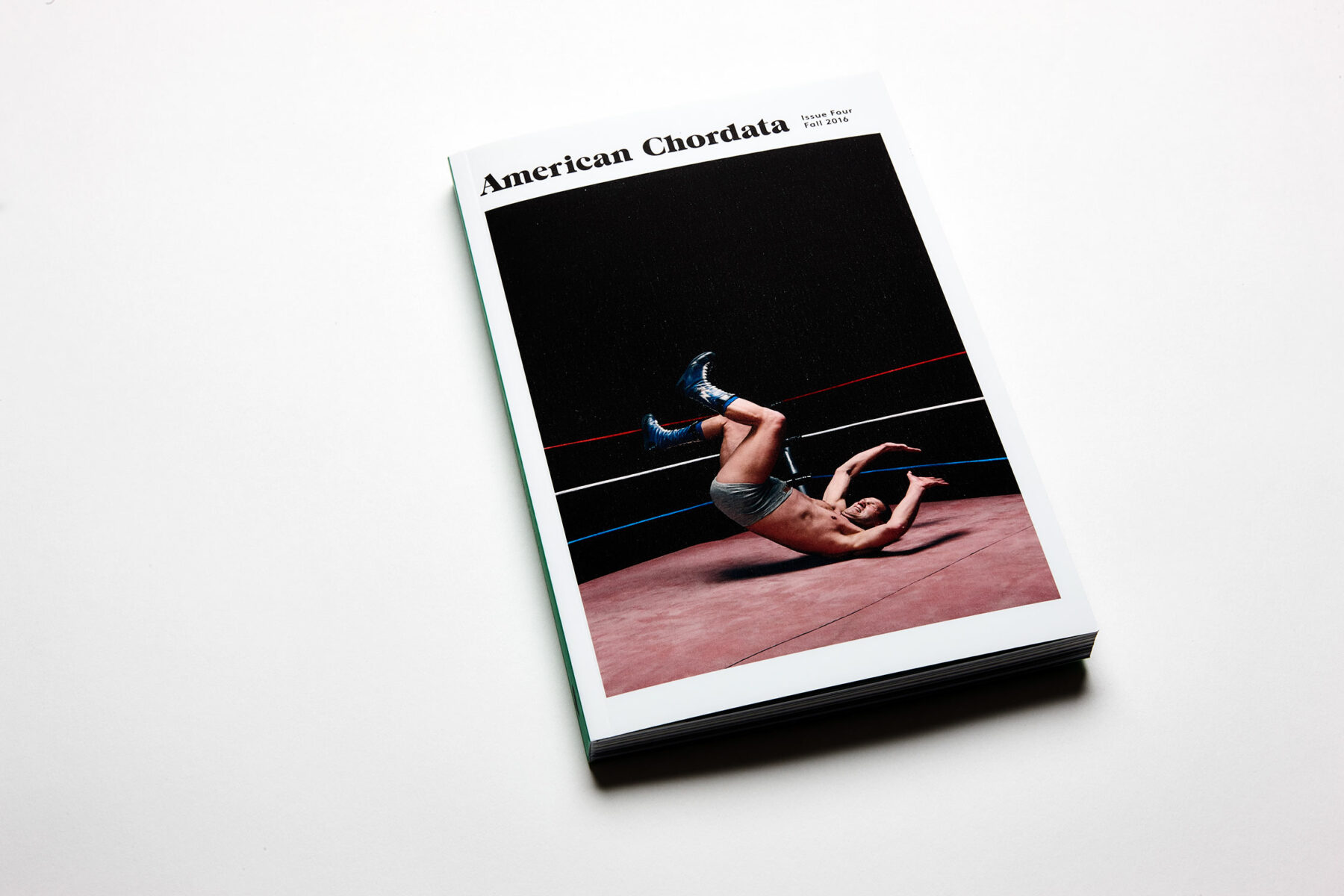American Chordata invites its readers to approach the uncertain future of global politics by recognizing a dialogue with the past.
As Editor-in-Chief Ben points out in his preface to American Chordata’s fourth issue, “There’s plenty of anxiety-inducing stuff to be thinking about.” But rather than reacting to the post-Trump, post-Brexit world with nihilistic pitchforks at the ready, Ben and his team have put together an intelligent and bravely curated selection of poetry, prose and photography.
The photography selection examines “A world turned upside down,” where “anxieties of a world spinning out of balance” were encapsulated and channeled into powerful countercultural movements. This is how photographer Mimi Plumb describes her series Dark Days, which documents the punk movement during the late ’80s. Her photo selection feels uncannily relevant—speaking to the disenfranchised voices scattered across social media and the press over 30 years later. This sentiment is echoed in another photographic series by Elvert Barnes. The NAMES Project AIDS Memorial Quilt portrays a subsection of society who channeled feelings of political abandonment into the largest piece of community folk art in the world—a 54 ton commemorative quilt. The concept of addressing uncertainty with peaceful co-creativity could be applied to American Chordata itself.
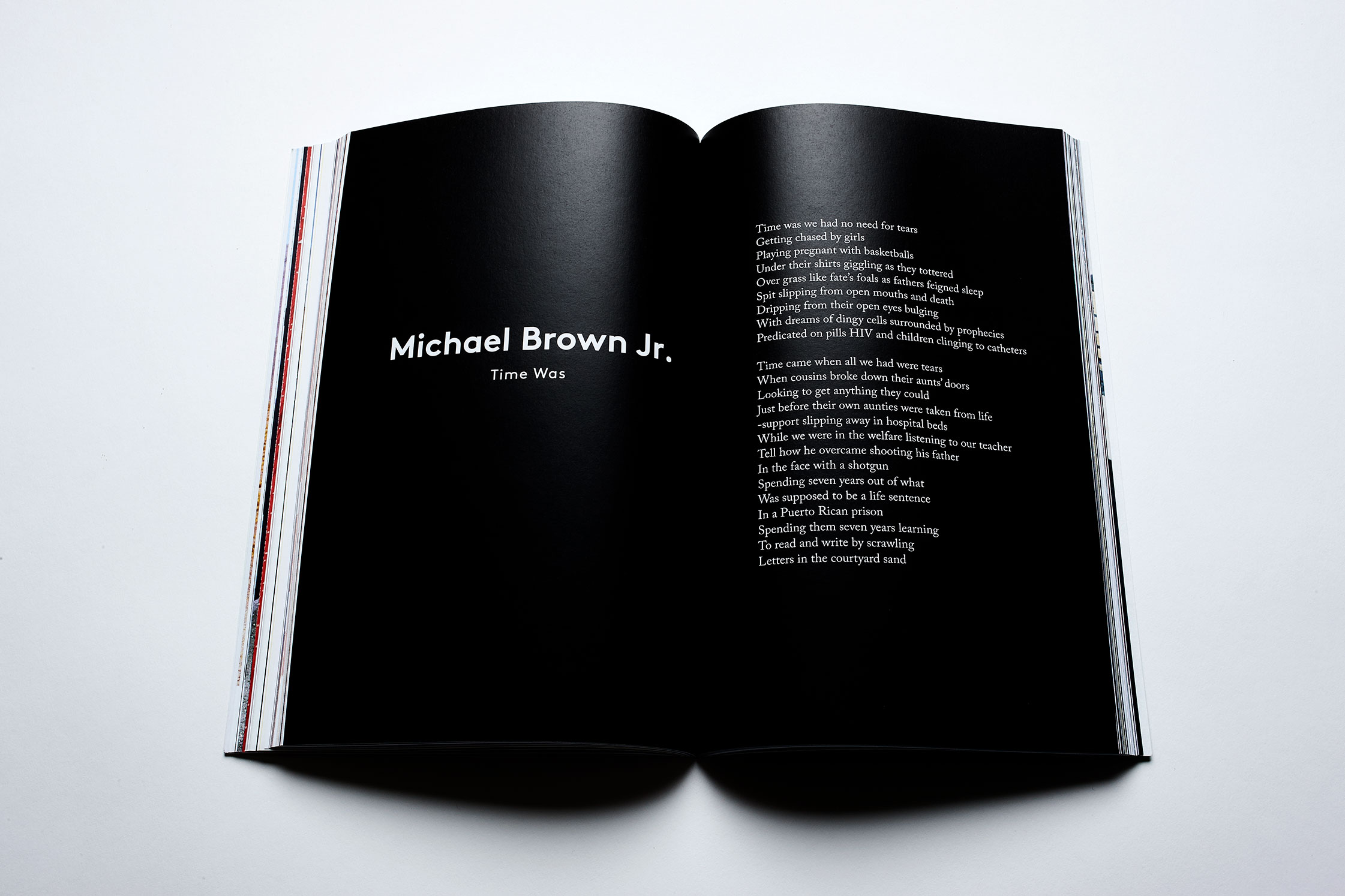
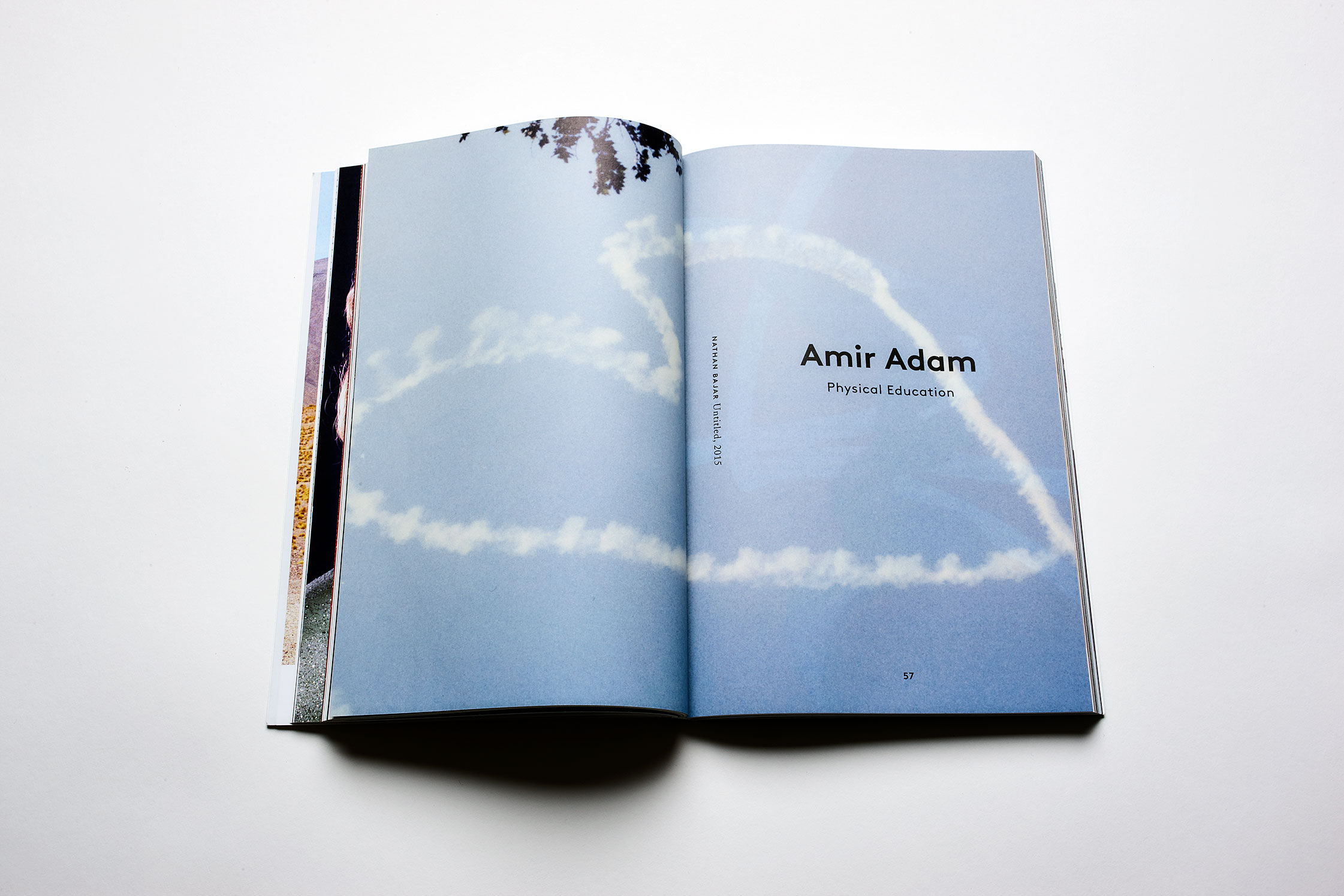
“The concept of addressing uncertainty with peaceful co-creativity could be applied to American Chordata itself.”
The journal’s poetry selection addresses Ben’s “anxiety inducing stuff” with a longing for a time of innocence, a turning back to an organic moment uncomplicated by human destruction. “Time was we had no need for tears,” laments Michael Brown Jr’s poem, and is echoed in Diana Woodcock’s “Far from all war zones”. It’s also in the lyrical musicality of Emily Sklar’s love poems, which frame a desire for meaningful human connection away from the alienating tentacles of modern technology. It’s rare to find postmodern poetry that packs a punch without losing its commitment to more traditional forms, but American Chordata’s twelve poets manage this each in their original ways.
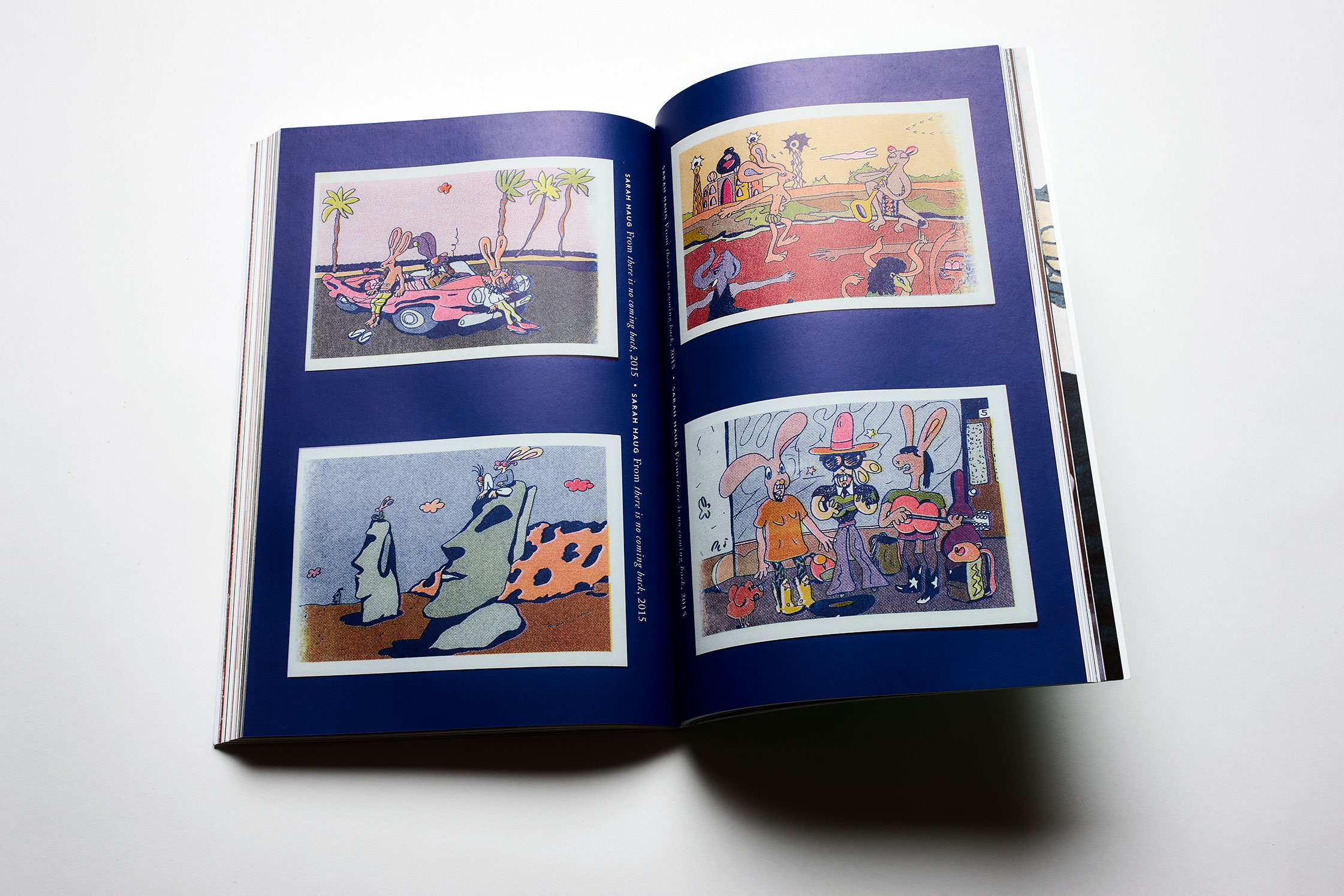
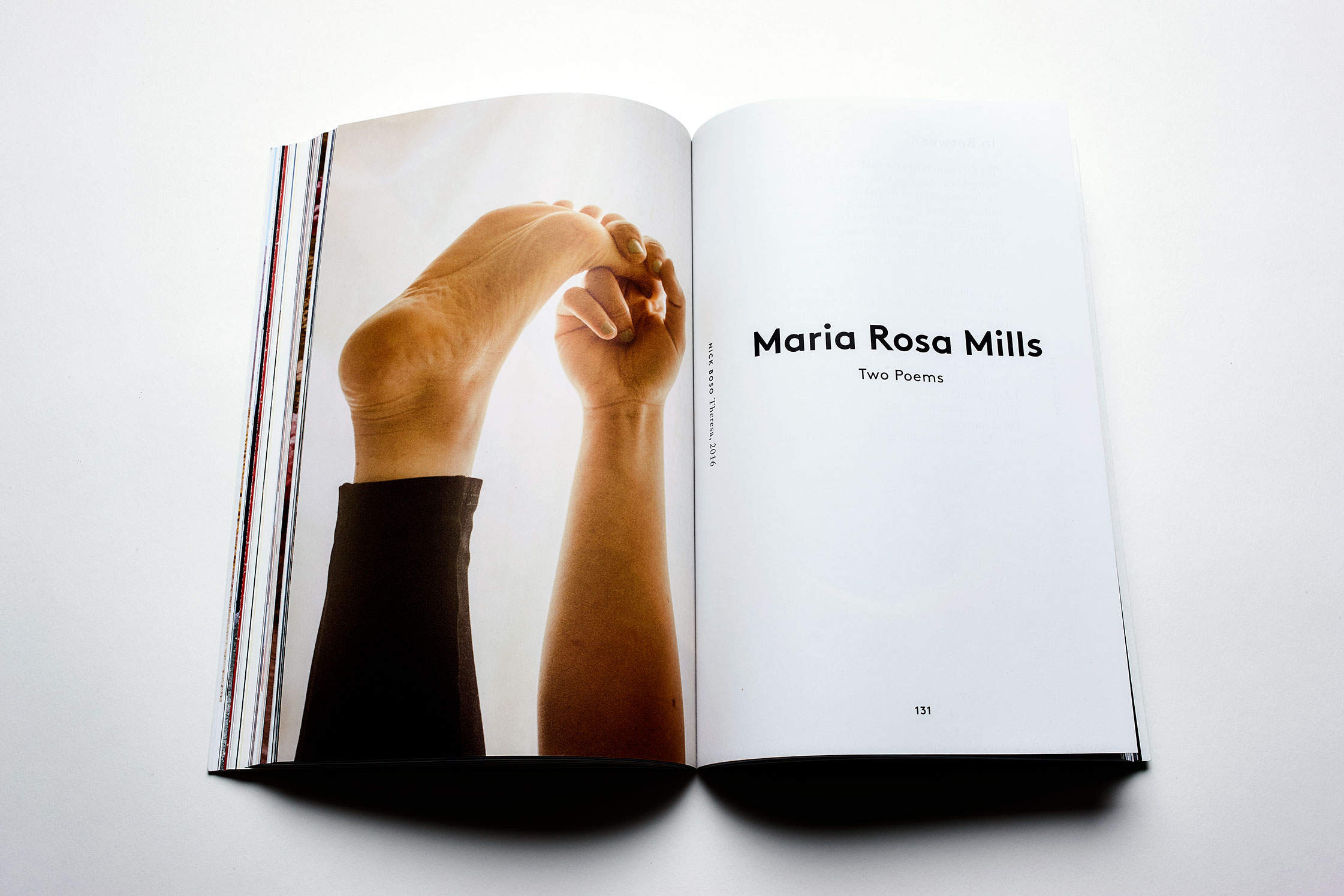
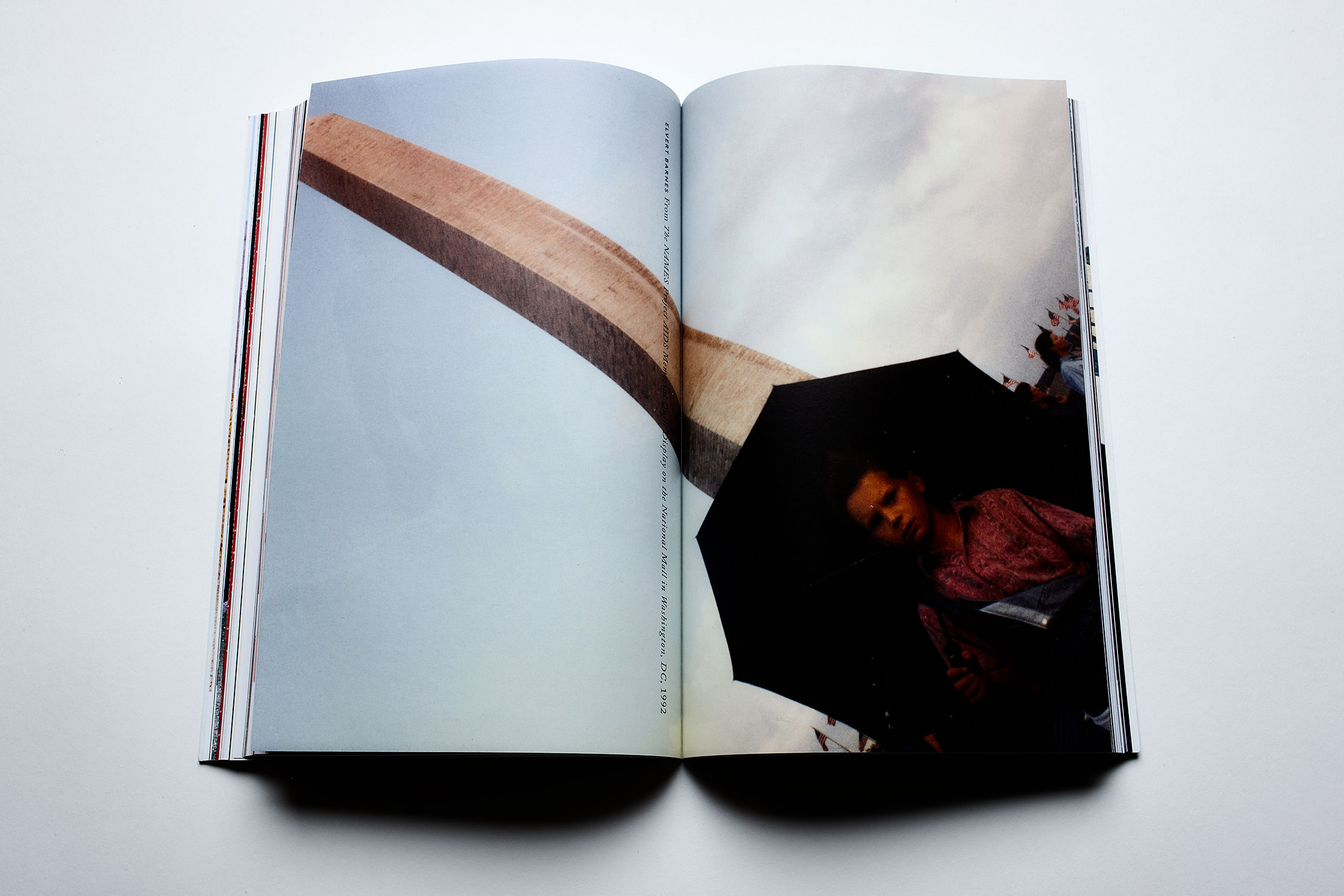
The kind folks at American Chordata post every issue free online as a full color PDF, so head over to their website to check it out. If you’re anything like me you’ll immediately realize that this is a publication to be experienced in its printed form and want to get your hands on your own copy, you can order it online here.
For more stories about magazines, check out FvF’s series Print Matters, where we examine some of our favorite indie magazines.
Text:Alice Popplewell
Photography:Bobby Doherty
